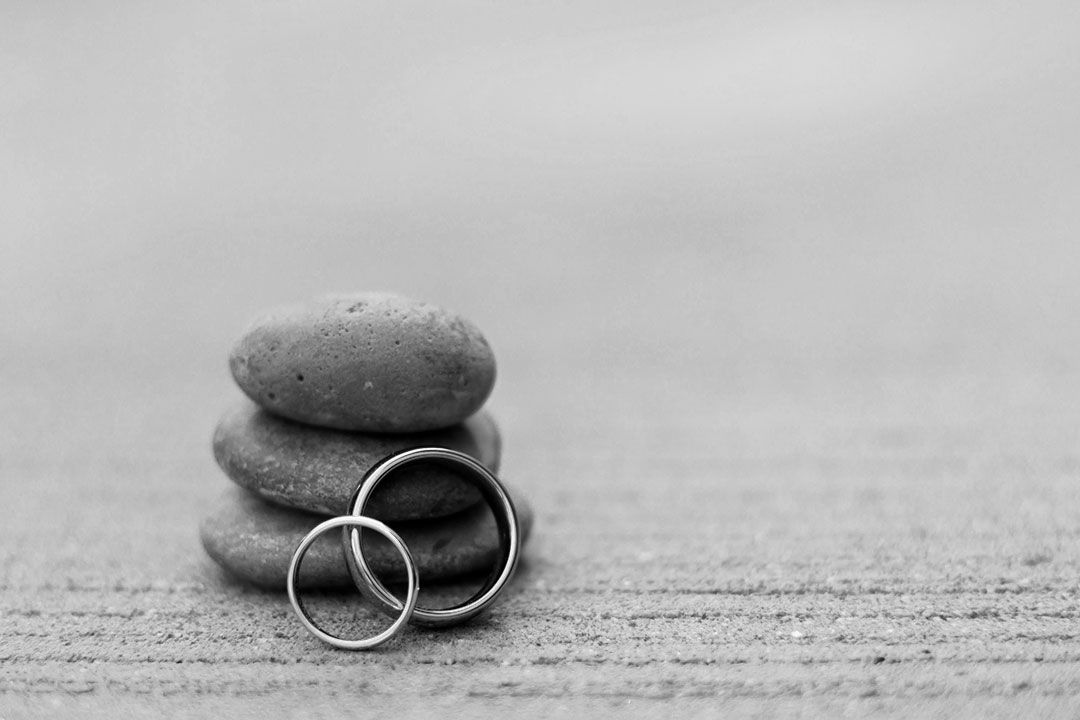I’ve always loved Independence Day, for a lot of reasons but chiefly for the nostalgic memories it evokes of childhood (sparklers, barbecues, blockbuster movies, swimming pools, popsicles) and the celebratory community it cultivates among Americans. Divided though we may be along red and blue state lines, most are joined in at least the basic sentiment of thankfulness on this day: for freedom, for apple pie, for a day off work. If not everyone experiences this day as an expression of patriotism, they at least enjoy it for the hot dogs and corn on the cob.
Login to read more
Sign in or create a free account to access Subscriber-only content.
